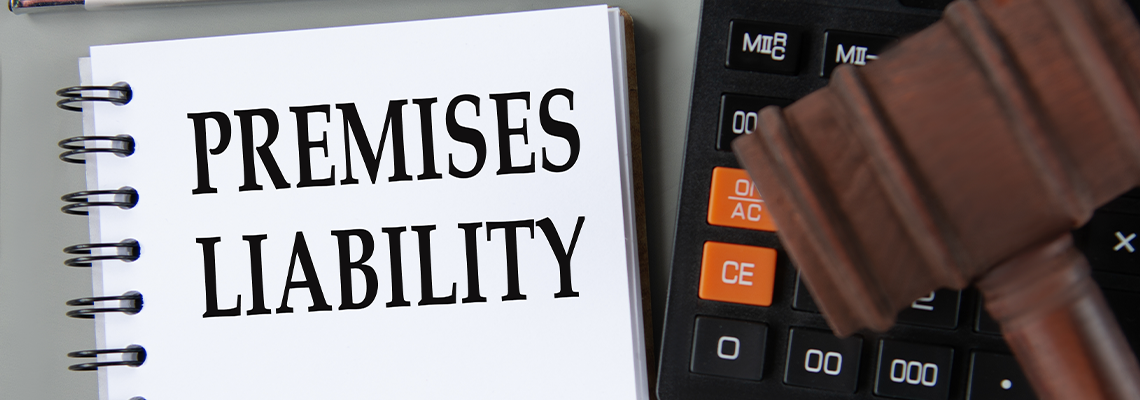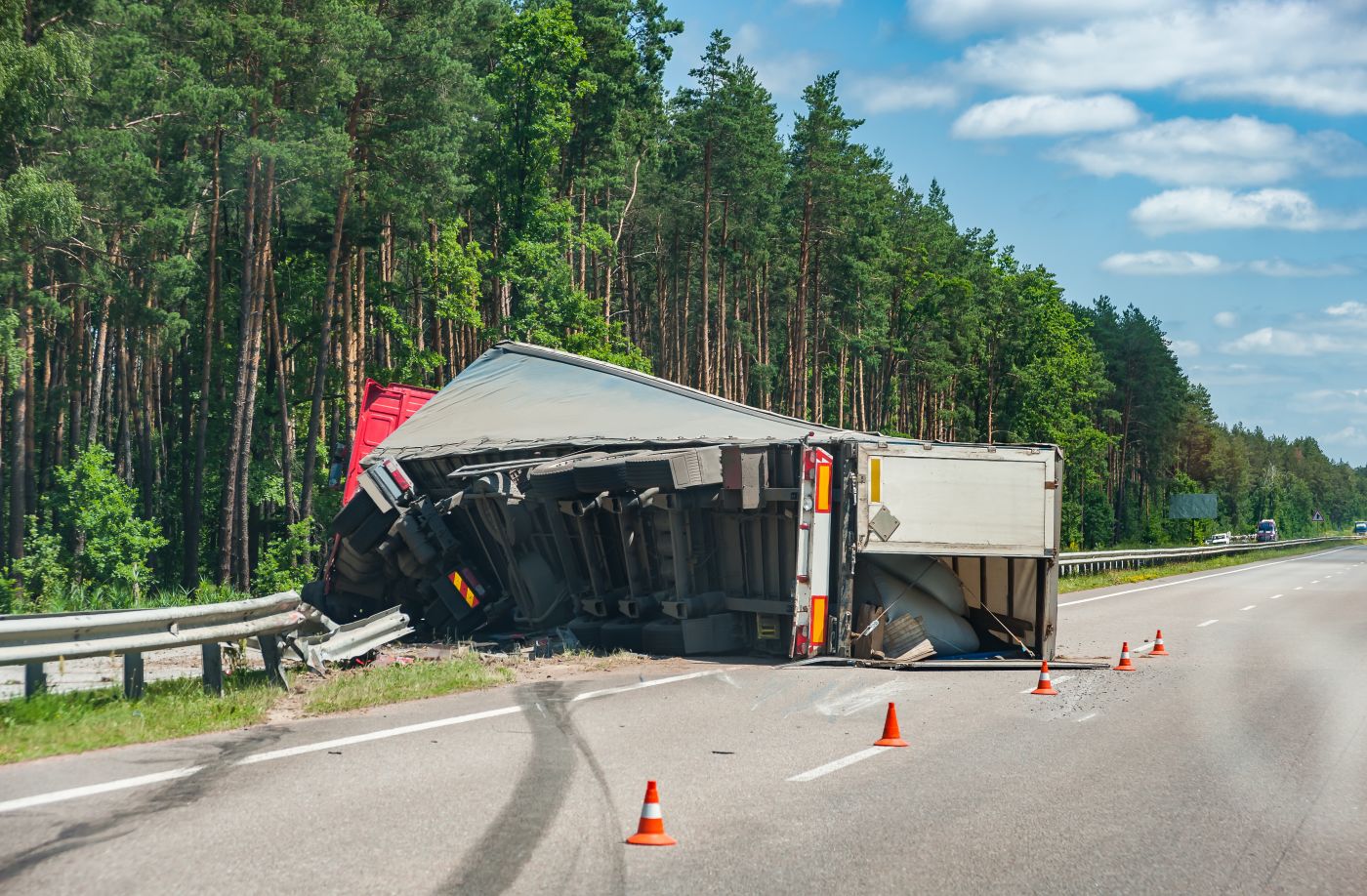
Premises liability law is a critical area of tort law that governs the responsibility property owners and occupiers owe to individuals who enter their property. In Missouri and other states, the underlying principle is that property owners must maintain reasonably safe conditions to protect visitors from harm. When they fail to do so, the property owner may be liable for damages.
Missouri’s premises liability laws are an intricate combination of statutory provisions, judicial decisions, and common law principles. At The Tourigny Law Firm LLC in Kansas City, Missouri, we’re dedicated to helping you go through your premises liability case. Here, we’ll gain an understanding of premises liability, claims, and defenses available.
Legal Foundations of Premises Liability in Missouri
Premises liability law in Missouri largely stems from common law, which has evolved through judicial decisions over time. Statutory provisions, particularly those addressing specific contexts like landlord-tenant relationships or public safety regulations, also play a role.
Unlike states that have adopted comprehensive tort reform statutes that dramatically alter premises liability, Missouri retains a traditional, judge-made foundation supplemented by targeted legislative enactments.
At the heart of Missouri’s premises liability structure is the concept of negligence. A property owner is negligent if they fail to exercise ordinary care to keep the premises reasonably safe for invitees and licensees. For trespassers, the duty is much more limited, focusing mainly on the prohibition of willful or wanton injury.
Categories of Visitors
Missouri law divides visitors into three main categories, each of which has distinct legal implications:
1. Invitees
An invitee is someone who enters the premises at the invitation of the property owner for purposes connected with the owner's business or activities. Common examples include customers in a retail store, contractors hired to perform work, or clients visiting a business office.
Property owners owe the highest duty of care to invitees. They must use ordinary care to maintain the premises in a reasonably safe condition. This includes not only warning invitees of known dangers but also conducting reasonable inspections to discover and remedy potential hazards.
2. Licensees
Licensees are individuals who enter a property for their own purposes but with the owner's permission. Social guests typically fall into this category.
The duty owed to licensees is somewhat less stringent than to invitees. Owners must warn licensees of known, non-obvious dangers but generally have no obligation to inspect the premises or to fix hazards that are unknown.
3. Trespassers
Trespassers are individuals who enter property without the owner’s permission.
Generally, property owners owe no duty to trespassers other than to refrain from intentional, willful, or wanton harm. However, Missouri, like many other states, recognizes exceptions for child trespassers under the "attractive nuisance" doctrine.
Attractive Nuisance Doctrine
Missouri follows the attractive nuisance doctrine, which holds that property owners may be liable for injuries to child trespassers if certain conditions are met. If a property contains an artificial condition (like a swimming pool, abandoned machinery, or a dangerous structure) that is likely to attract children, and the owner fails to take reasonable steps to protect against the danger, they may be held liable.
The key elements under Missouri law are:
The owner knows or should know that children are likely to trespass.
The condition poses an unreasonable risk of death or serious bodily harm.
Children, because of their youth, don’t realize the risk.
The burden of eliminating the danger is slight compared to the risk.
Common Premises Liability Claims in Missouri
Several types of claims frequently arise under Missouri’s premises liability law:
Slip and Fall Accidents
Slip and fall cases are the most common premises liability claims. They typically involve conditions like wet floors, icy sidewalks, broken staircases, or uneven flooring. To prevail in a slip and fall case, a plaintiff must show that the property owner knew or should have known about the dangerous condition and failed to correct it or warn visitors.
Inadequate Security
In some cases, property owners can be held liable for injuries caused by criminal acts on their property if they failed to provide adequate security. For example, a hotel that neglects to install proper locks or lighting in a high-crime area might be liable if a guest is assaulted.
Dog Bites and Animal Attacks
Although Missouri has a specific statute (§ 273.036 RSMo) addressing dog bites that imposes strict liability under certain circumstances, traditional premises liability principles also apply, particularly if an animal's presence creates a hazardous condition on the property.
Dangerous Conditions and Defects
These claims can involve almost any hazardous condition, including exposed wiring, poorly maintained elevators, or construction site dangers.
Premises liability claims in Missouri encompass a wide range of incidents, with slip and fall accidents being the most prevalent. Property owners can also be held liable for inadequate security, dog bites or animal attacks, and dangerous conditions on their premises.
Elements of a Premises Liability Claim
To succeed in a premises liability claim in Missouri, a plaintiff typically must prove the following:
Duty: The defendant owed the plaintiff a duty of care based on the plaintiff’s status (invitee, licensee, or trespasser).
Breach: The defendant breached that duty by failing to maintain the premises in a reasonably safe condition.
Causation: The breach of duty caused the plaintiff’s injury.
Damages: The plaintiff suffered actual damages (e.g., medical bills, lost wages, pain and suffering).
Defenses Available to Property Owners
Property owners and occupiers facing premises liability claims in Missouri have several potential defenses:
Comparative Fault
Missouri follows a pure comparative fault system. Under this doctrine, a plaintiff’s damages are reduced by their percentage of fault. Even if the plaintiff is 99% at fault, they can still recover 1% of their damages.
Open and Obvious Doctrine
Property owners often argue that a hazard was "open and obvious," meaning a reasonable person would have seen and avoided it. If successful, this defense can significantly reduce or eliminate liability.
However, Missouri courts have nuanced this defense, noting that even open and obvious dangers may still require precautions in certain circumstances, especially if the owner should anticipate harm despite the obviousness.
Lack of Notice
Defendants can argue they had no actual or constructive notice of the dangerous condition. For example, if a customer spills a drink and another customer immediately slips, the store might argue they had no reasonable opportunity to discover and address the hazard.
Assumption of Risk
If a plaintiff voluntarily assumes a known risk, this can bar or limit recovery. This defense is less commonly successful today due to the emphasis on comparative fault, but it can still be relevant in certain contexts (e.g., recreational activities).
While property owners have several defenses available if they’re sued, the best course of action is to take preventive measures to confirm the safety of all visitors. Understanding Missouri's premises liability laws is crucial for both property owners and visitors to make sure that everyone's rights and responsibilities are upheld.
Landlord-Tenant Relationships
Premises liability becomes particularly intricate in the context of landlord-tenant relationships. Missouri law distinguishes between injuries occurring in common areas controlled by the landlord and injuries inside leased premises.
Common areas: Landlords have a duty to maintain common areas (like hallways, staircases, and lobbies) in a reasonably safe condition.
Inside leased premises: Generally, landlords aren’t liable for injuries inside a tenant’s leased space unless they retain control over the dangerous condition or concealed a known defect.
Additionally, Missouri courts recognize an implied warranty of habitability, requiring landlords to confirm that rental properties meet basic living standards.
Practical Considerations for Property Owners
To minimize the risk of premises liability claims, Missouri property owners should:
Conduct regular inspections of their property.
Promptly repair known hazards.
Post clear warning signs for temporary dangers (like wet floors).
Provide adequate lighting and security measures.
Keep detailed records of maintenance and safety efforts.
Commercial businesses, in particular, should train employees to recognize and address hazards promptly and document their efforts to show reasonable care.
Premises liability law in Missouri reflects a careful balancing of interests: protecting individuals from unsafe property conditions while recognizing the practical limits of a property owner’s ability to prevent all harm.
Understanding the distinctions among invitees, licensees, and trespassers, the duties owed to each, and the defenses available is crucial for anyone involved in property management, personal injury litigation, or risk assessment.
Contact Us Today
Whether you’re a plaintiff seeking to assert your rights after an injury or a property owner aiming to minimize liability risks, a firm grasp of Missouri’s premises liability laws provides a vital foundation for action. We serve clients in Kansas and Missouri, and am equipped with the knowledge to help you with your premises liability case. Contact us today for a consultation.



